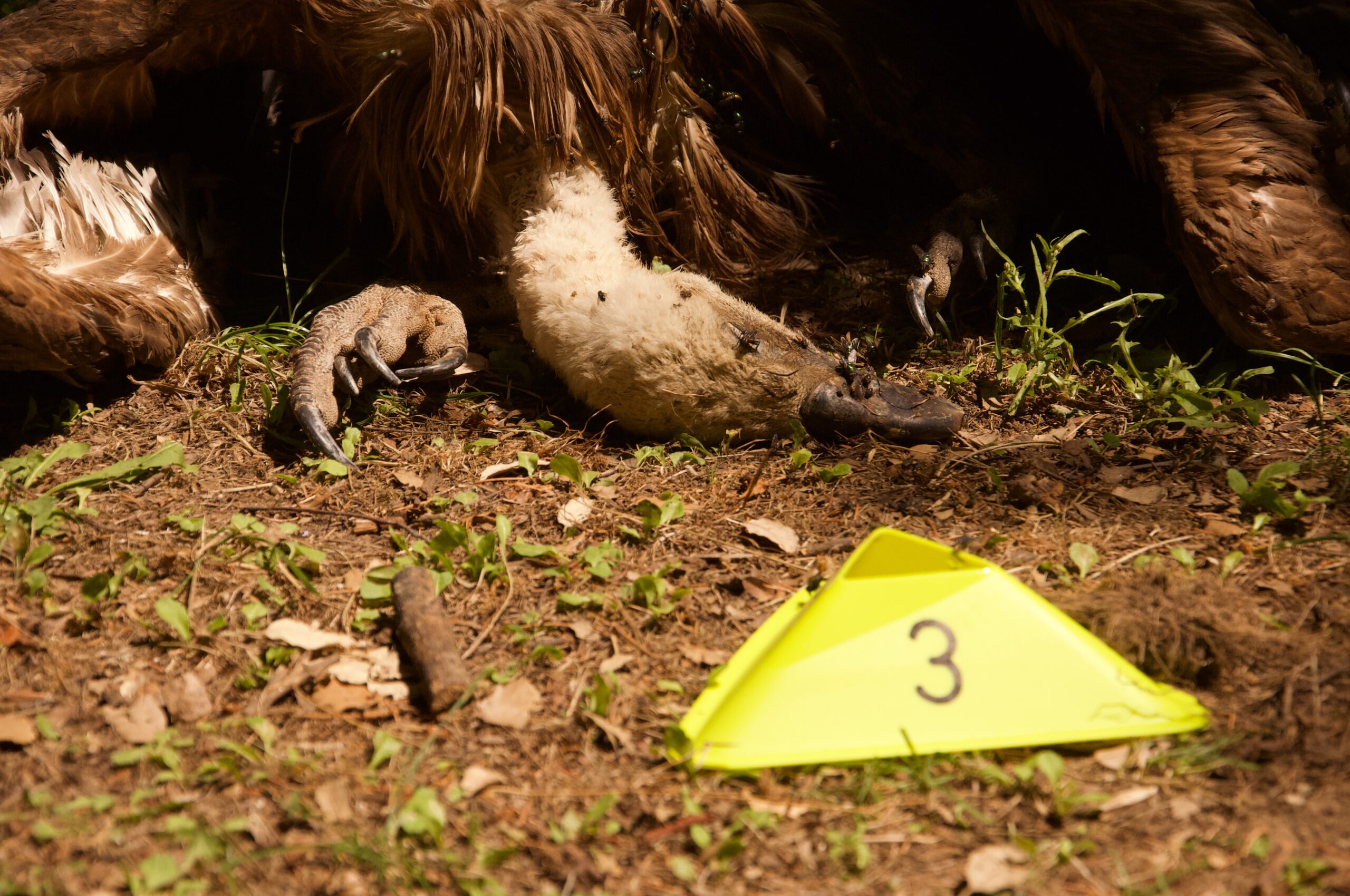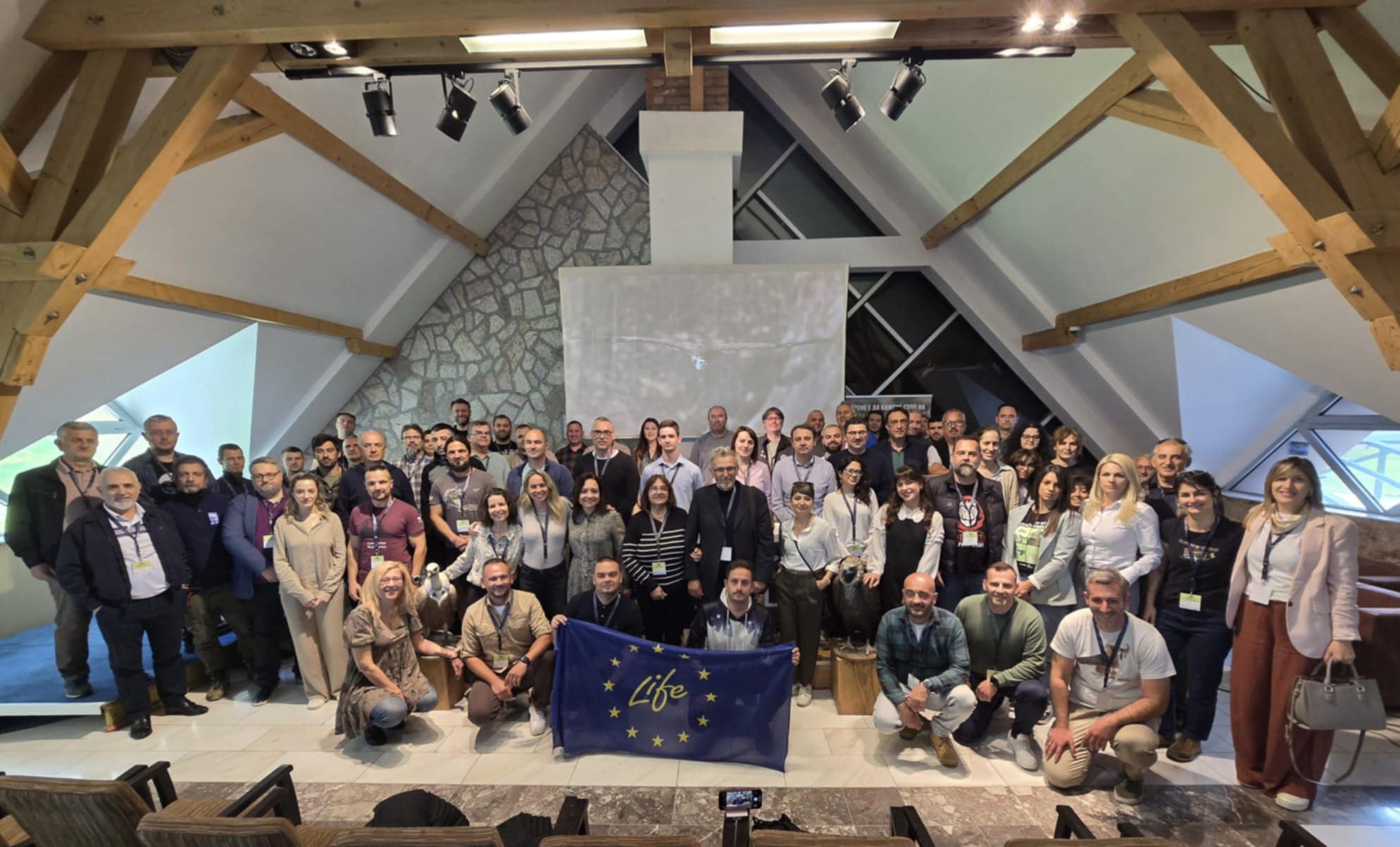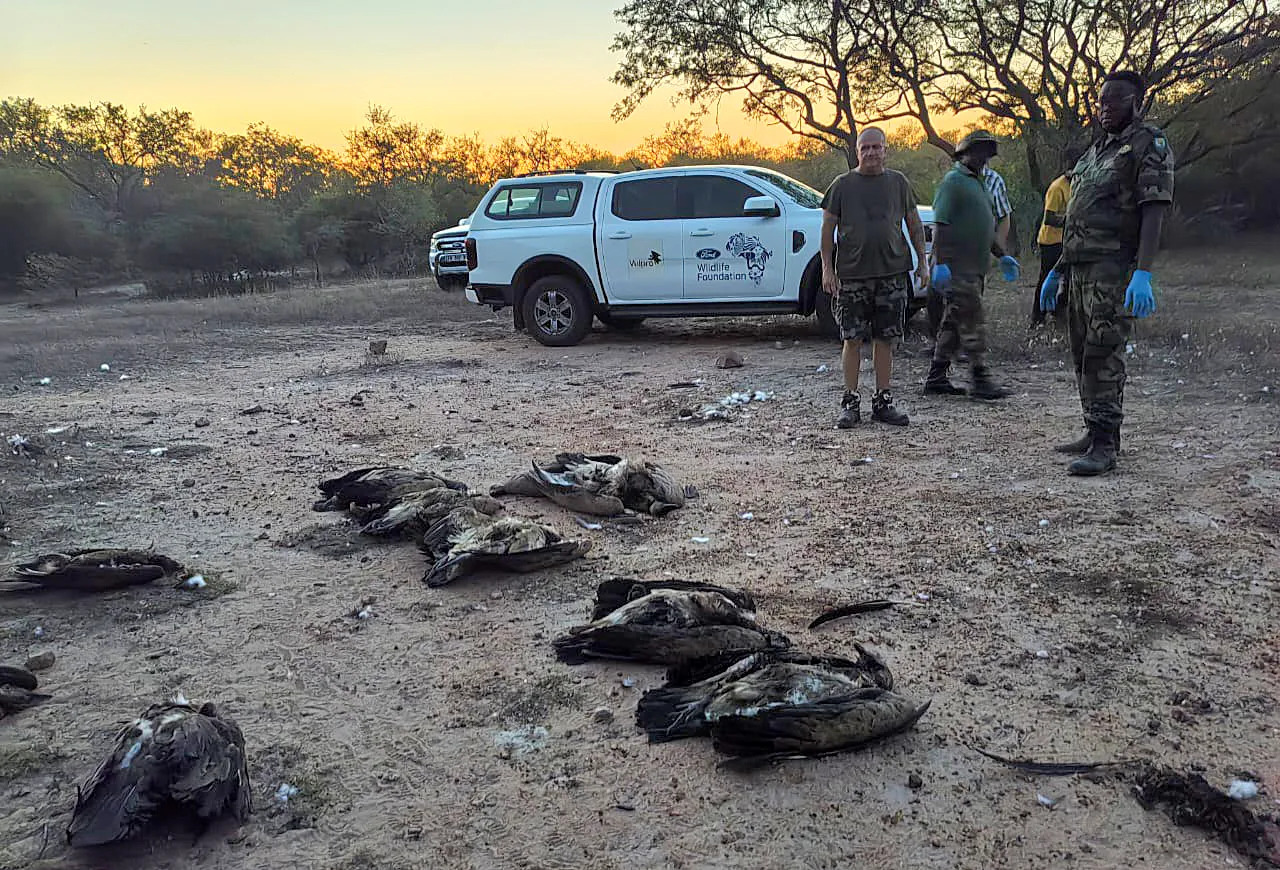
The Bird Protection and Study Society of Serbia (BPSSS) has recently celebrated their 30th anniversary! The organisation has played an essential role in protecting nature and birds in Serbia.
How the BPSSS came to be
Three decades ago, the Bird Protection and Study Society of Vojvodina was founded in Novi Sad at the initiative of a group of ornithologists and bird lovers. This regional association soon brought together sympathisers from all over Serbia and from the republic of the former Yugoslavia, establishing an active network of collaborators who collected and published valuable data on bird fauna. Over time, the organisation has grown, modernised its operations and increased its activities, which has led to greater visibility and influence to the public. The vision for the development of the organisation was to join the partnership of BirdLife International, which was achieved through the establishment of a new management structure and the change in name – Bird Protection and Study Society of Serbia (BPSSS).
BPSSS milestones
Through three decades of dedicated work, BPSSS has been recognised as a professional association without whose engagement the nature protection system in Serbia would function with great difficulty. Members and staff of the organisation have helped numerous times in collecting data for the purpose of establishing new protected areas, monitoring the status of birds and nature in existing protected areas and establishing a network of Important Bird Area (IBA) in the country. Thanks to their efforts, endangered species such as the Eastern Imperial Eagle, Red-footed Falcon, Saker Falcon and the European Roller have been saved from extinction nationally.
Tackling poisoning in Serbia
Our colleagues from Serbia have been very dedicated to tackling the challenges of all aspects of illegal bird killing, including poisoning, which remains one of the severest threats for wildlife in the country. BPSSS has established a ‘Bird Crime Task Force’ within the organisation for several years which works actively at detecting and reporting all incidents associated to illegal killing and harming of wild birds, both to the relevant authorities and general public. Also, they have developed a database for keeping records of individual poisoning incidents, their associated legal proceedings and penal administrations, which makes analysis of the scope and severity drivers and stakeholders associated with wildlife poisoning possible.

They are a valued partner in our efforts to combat the practice of illegal wildlife poisoning in the Balkans through the implementation of the Balkan Anti-Poisoning Project (BAPP), which we are currently conducting in the region. We want to thank our partners for awarding the VCF with the certificate of appreciation for supporting and improving bird and nature conservation in Serbia. It is a great pleasure working with the BPSSS to fight illegal wildlife poisoning!
Balkan Anti-Poisoning Project (BAPP)

The Balkan Anti-Poisoning Project is a cross-border initiative bringing together wildlife conservation organisations, governmental agencies and other stakeholder such as; hunting associations, farmers and scientists, in six Balkan countries to tackle illegal wildlife poisoning.
Funded by the Mava Foundation we aim to secure real and continued engagement of the relevant national governmental authorities in the Balkan region against illegal wildlife poisoning and increase their capacity to counteract it and working together to take positive steps to protect vultures.
The Balkan Anti-Poisoning Project is a partnership between us here at the Vulture Conservation Foundation and the Albanian Ornithological Society-AOS, Protection and Preservation of Natural Environment in Albania-PPNEA, Ornithological Society “Naše ptice”,Association BIOM, Hellenic Ornithological Society-HOS, Macedonian Ecological Society-MES.
The Balkan Anti-Poisoning Project also contributes directly into the implementation of the Vulture Multi-Species Action Plan by carrying out anti-poisoning actions in Albania, Bosnia and Herzegovina, Croatia, Greece, North Macedonia and Serbia, and is building on our work for the last decade in the Balkans through the Balkan Vulture Action Plan.

We wish them all the best in their future work and hope to continue the excellent cooperation we have towards creating a safer environment for birds, vultures and people in Serbia and the Balkans.



